Make your PubMed searches 75% more Precise in 5 steps.
1. Gather all references 2. From each get MeSH terms 3. Count occurrences 4. Focus on the low 10th percentile 5. Extrapolate the top-3 results
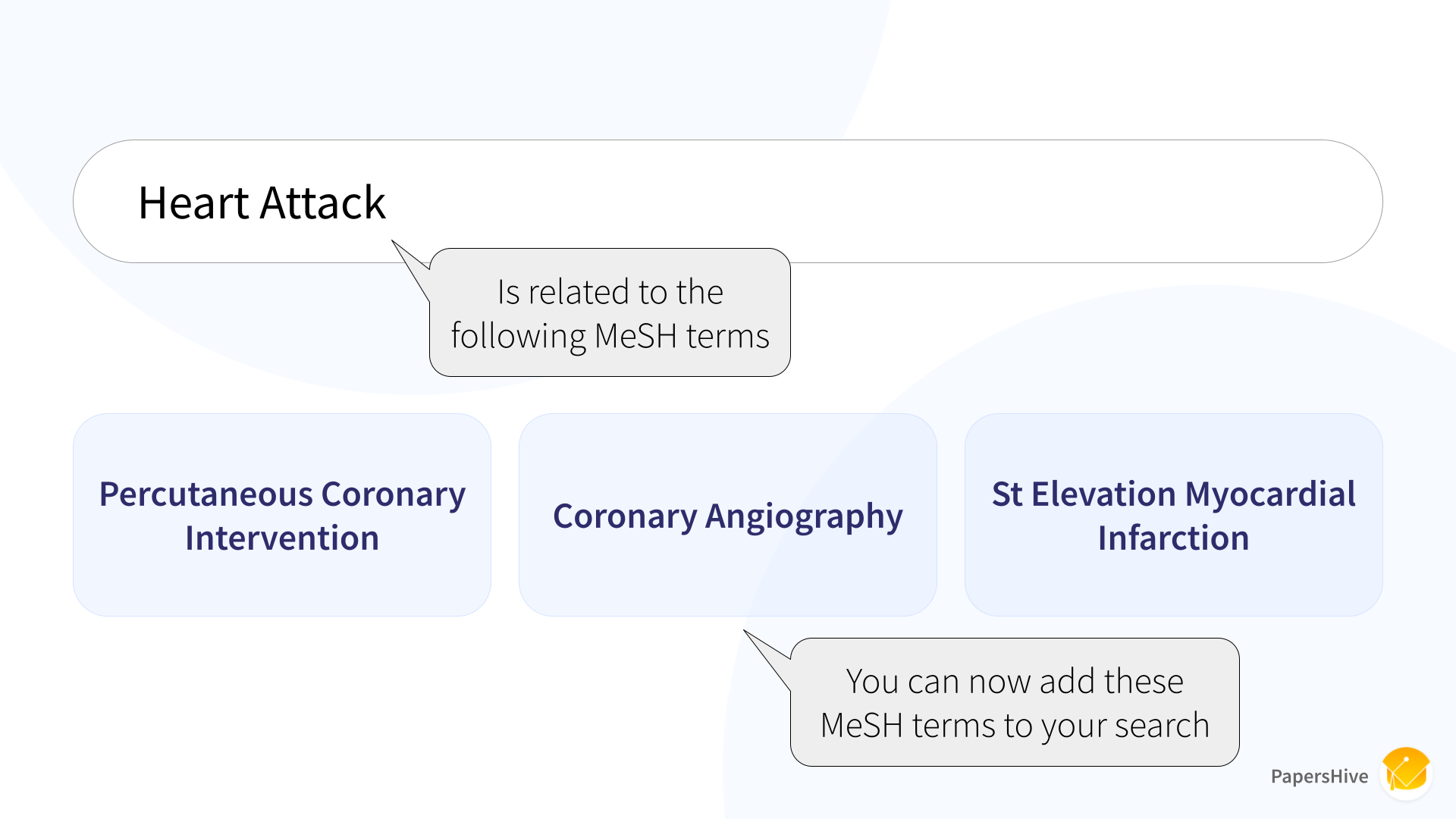
- Gather all references (like through PMID or similar)
- From each reference get the MeSH terms
- Cross-occurrence them and sort them
- Focus on the low 10th percentile
- Extrapolate the top-3 results
But let's dive deeper into each of them.
Step 1: Gather all references
Once you perform a PubMed or a PubMed Central search you can easily access the PMID through the export function.
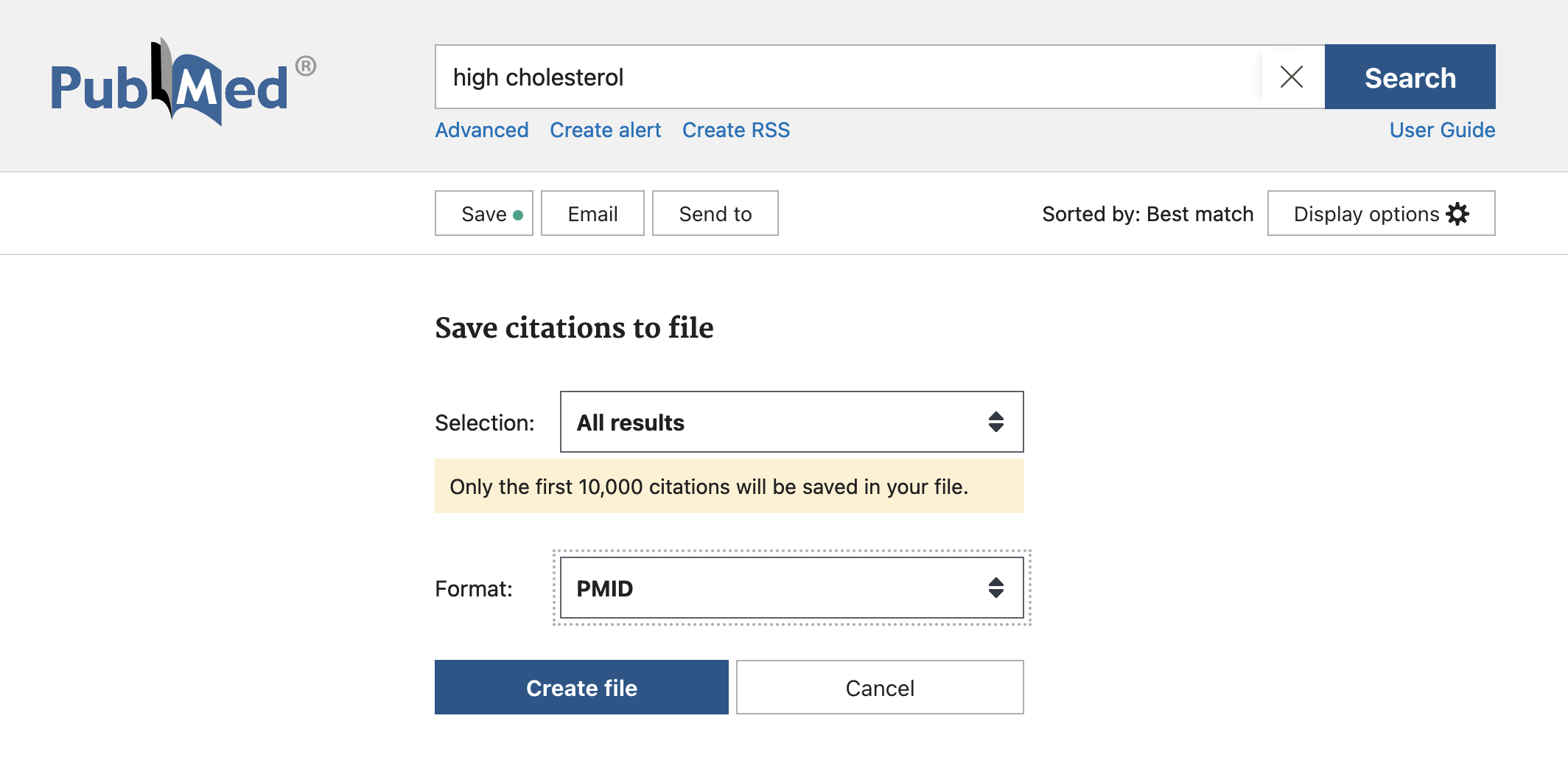
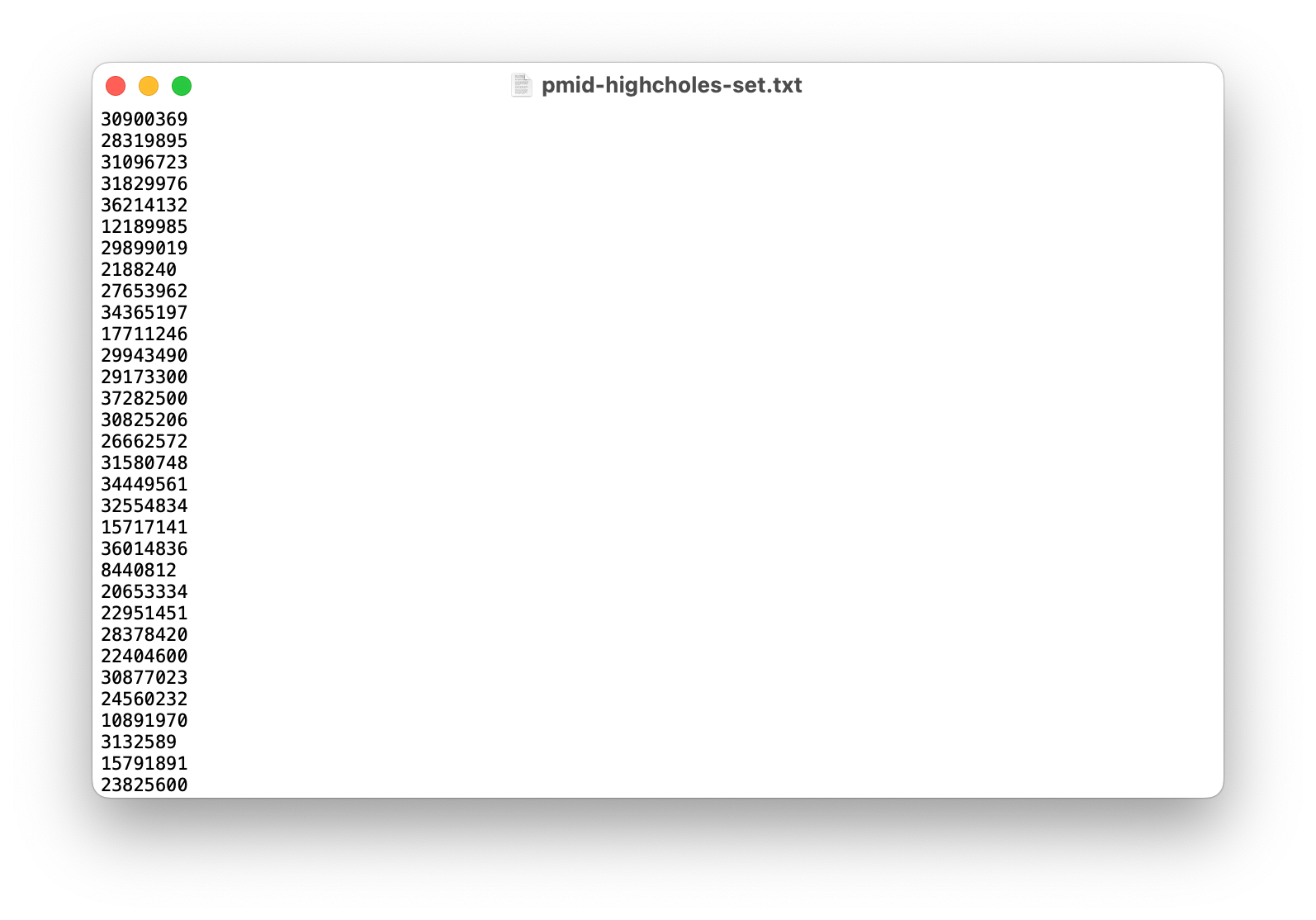
Step 2: Get MeSH Terms from each reference
Now you got yourself some references.
For each of these references we'll extract their MeSH terms.
This can either do this manually or with e-Utils.
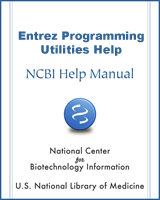
Step 3: Cross-occurrence & Sort MeSH Terms
You have the references and their MeSh terms.
It is now time to count MeSH occurrences by cross-checking them and sort them by count.
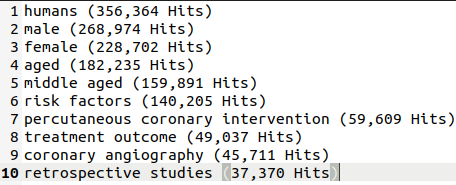
You will have extremely generic MeSH at the top of your search like "humans", but we are going to fix that on the next step.
Step 4: Focus on the low 10th percentile
You need to cut generic and noise.
By benchmarking different approaches and measuring relevancy, at PapersHive we came up with the 10th percentile.
Focus on the low 10th percentile. In two aspects:
- By count.
1.1 Take the first results count;
1.2 Divide them by 10;
1.3 Extract all those MeSH terms below this count; - By position.
2.1 Divide the list of MeSH in 10 equal parts;
2.2 Extract all MeSH terms in the last 10th;

You have now extremely relevant MeSH that are highly precise and provide precision and recall from a relevancy perspective.
Step 5: Extract the top-3 results
From both these lists, extract the top three MeSH results.
You will be left with something similar to:
- Percutaneous Coronary Intervention[MeSH Terms]
- St Elevation Myocardial Infarction[MeSH Terms]
- Coronary Angiography[MeSH Terms]
Last Step
You can perform once again the original searches with the new added MeSH terms.
Here 3 examples and their comparison on PubMed, PubMed Central and PapersHive:
| PapersHive | PubMed | PubMed Central |
|---|---|---|
| Heart Attack | Heart Attack | Heart Attack |
| Heart Attack with MeSH | Heart Attack with MeSH | Heart Attack with MeSH |
Conclusions
By performing the above steps for each exploratory search, you quickly can get:
- -18% Noise.
- +47.7% Recall.
- +75.6% Precision.
You can develop these search strategies yourself or automate them with PapersHive.

Everything starts with search.
With a smart suite of search tools to help you find the information you need, when you need it. Enhance your Search Experience with PapersHive Today!
Contact Us